
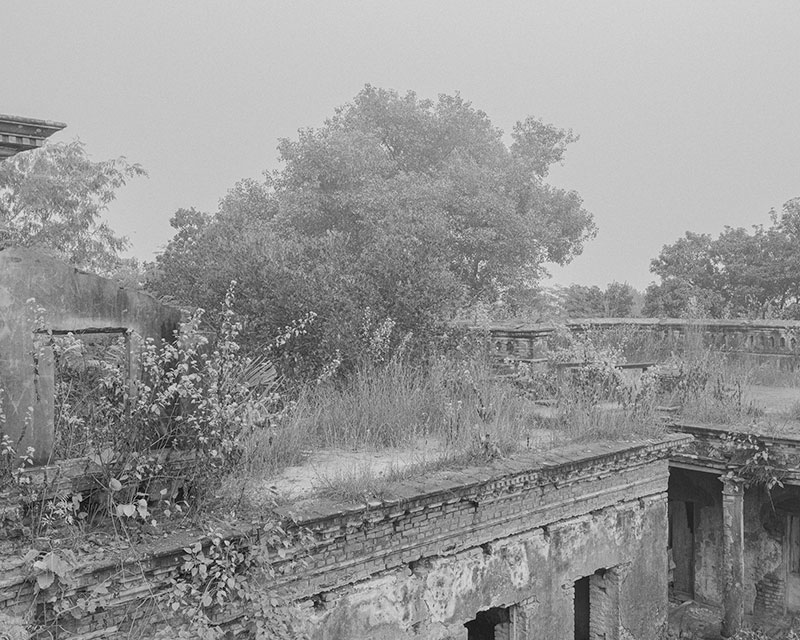
Photograph © Sarker Protick
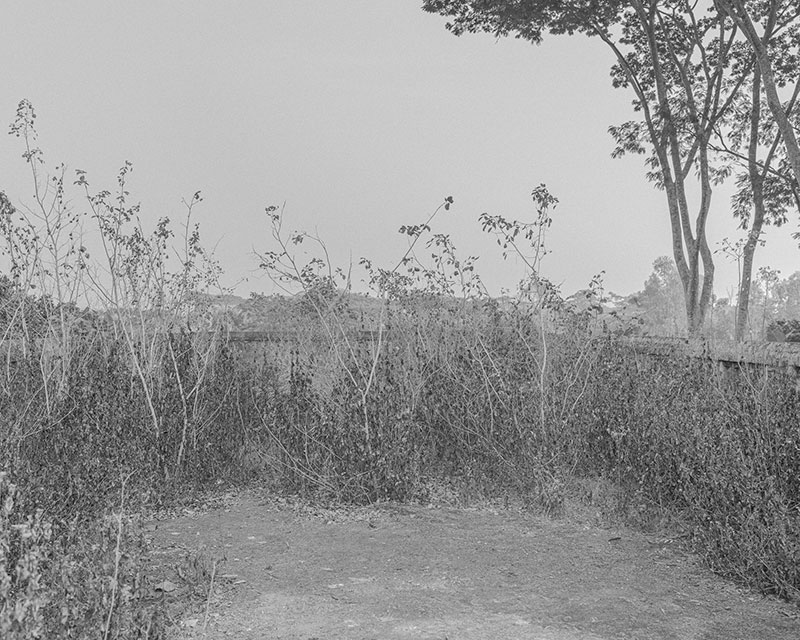
Photograph © Sarker Protick
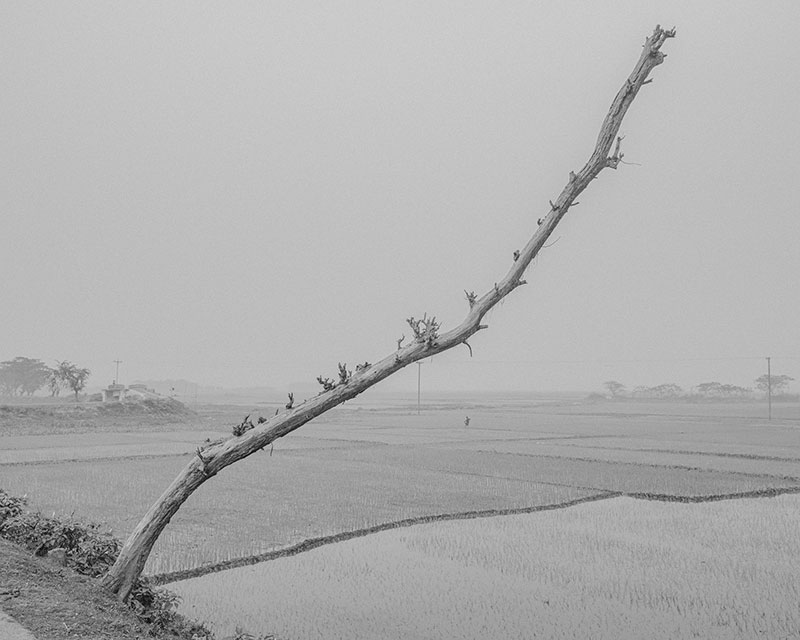
Photograph © Sarker Protick
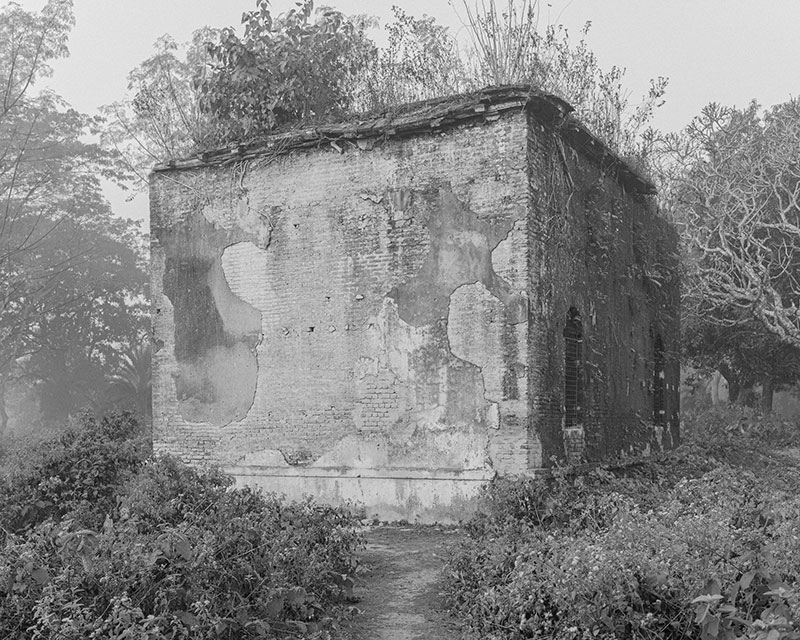
Photograph © Sarker Protick
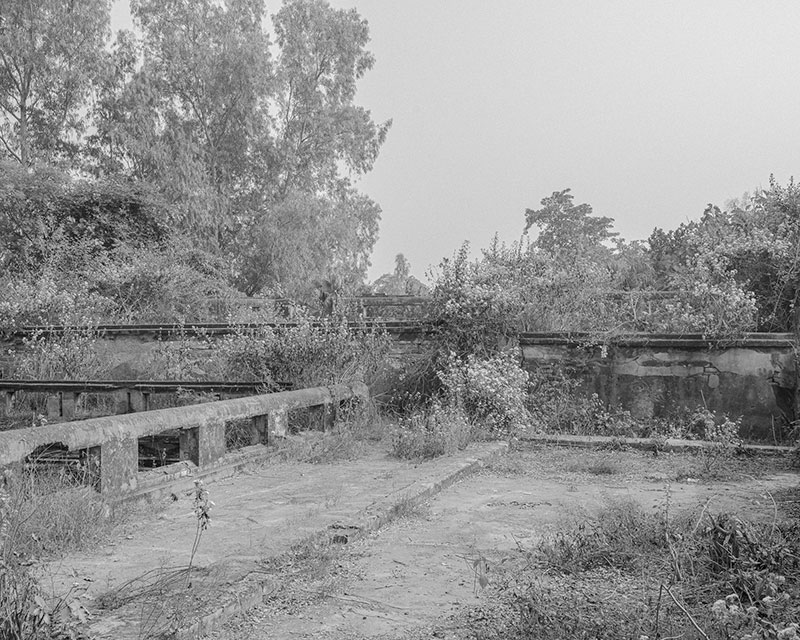
Photograph © Sarker Protick
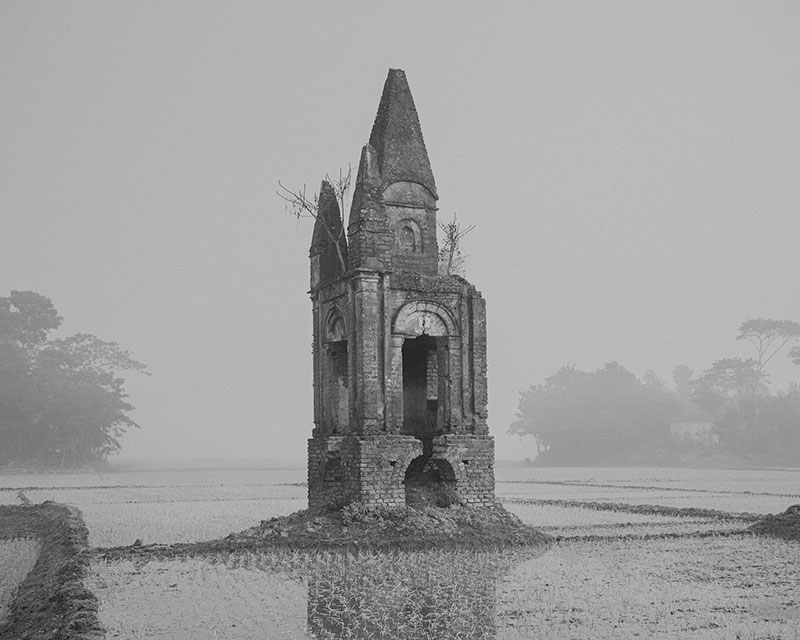
Photograph © Sarker Protick
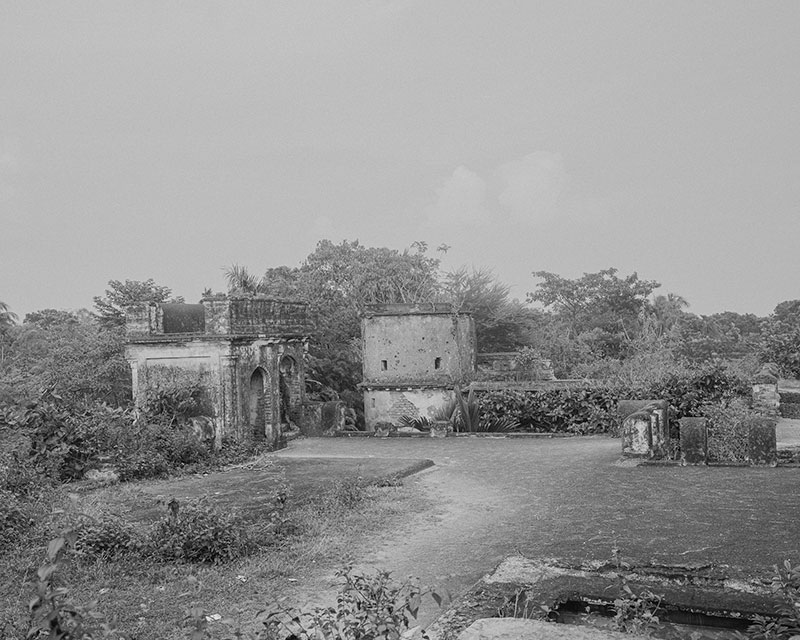
Photograph © Sarker Protick
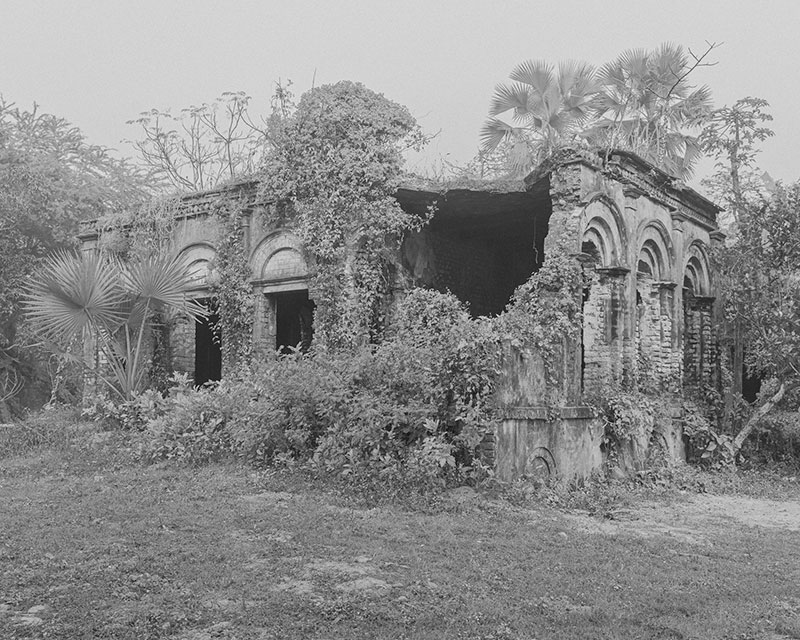
Photograph © Sarker Protick
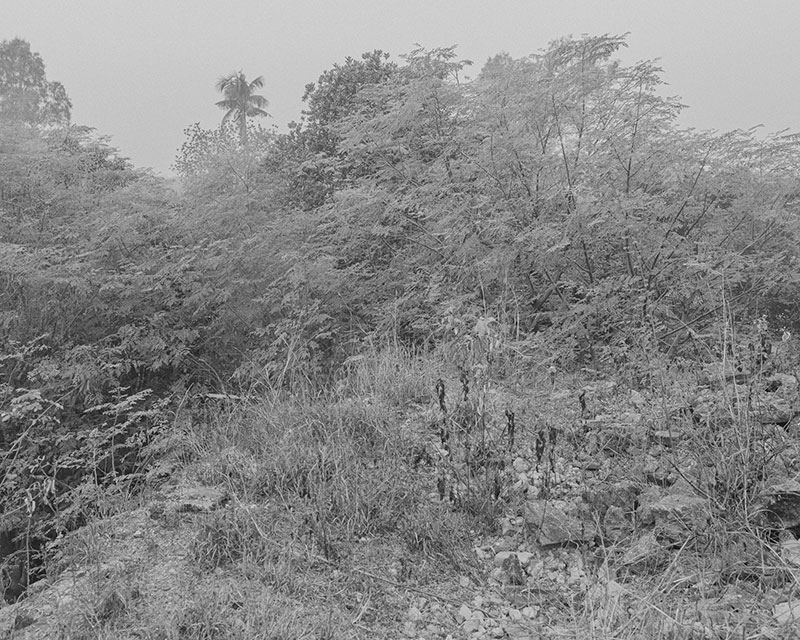
Photograph © Sarker Protick
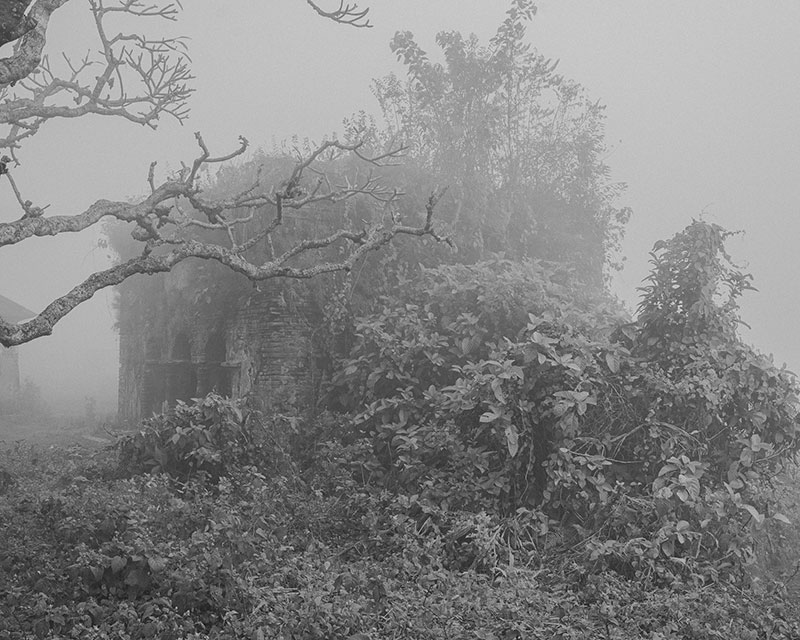
Photograph © Sarker Protick
Since 2016, Sarker Protick has been exploring and photographing abandoned feudal estates and decaying buildings previously owned by Hindu jamindars, or landlords. As the British colonizers took over Bengal in the late 1700s, they entrenched this feudal structure with the Permanent Settlement, a system intended to extract large shares of revenue for the East India Company, while creating a small class of landed local aristocrats loyal to the British. It resulted, however, in the disenfranchisement of rural tenants, rifts between Muslim villagers and Hindu minority landlords, and unintended land speculation. Amidst the chaos of decolonization and new nationhood, huge migrations were taking place.
Featuring buildings and structures, broken apart by the elements and enshrouded in tropical foliage, Sarker’s series, Elegy, focuses on what remains of these abandoned landscapes and little-documented buildings, many of which have been taken over by nature and gradually enveloped into the daily life of the surrounding villages.
While contextualized by the events of the region, the work reflects broader philosophical ideas about the scale, directionality, and universality of time. Despite the incompleteness of their forms, the architecture’s classical symmetry invites the eye to naturally trace lines where arches, columns and walls were once whole. Hybrid in their design and setting, they visualize specific ways that colonial and independence histories have marked the country, reflecting on how the rise and fall of dominions can be read in the transformation of physical structures.
Sarker’s approach to making the work was a combination of the long exposures he is known for, and a methodical revisiting and photographing at very specific times of the day and of the year. This introduces another kind of time experience different from historical time, one that belongs instead to the cycles of the natural world, and includes the diurnal movement of day to night, and the rotation of seasons as they relate to agriculture. Such notions of cyclical time are shared and mythologized by many cultures and suggest both the inexorable loss of time passing but also the possibilities presented by a kind of time that begins to end and ends to begin.
20 November